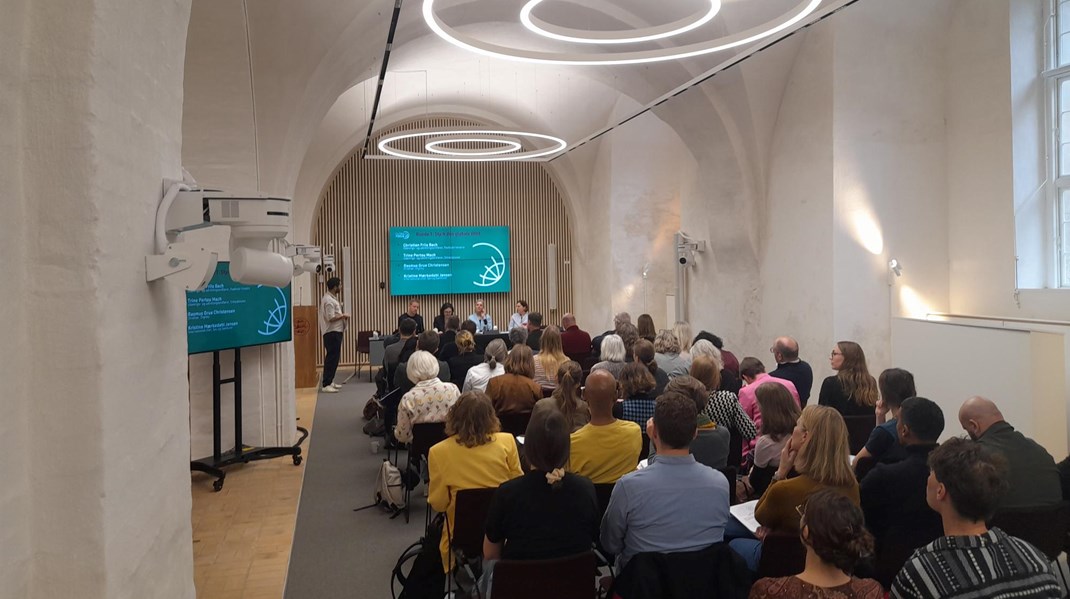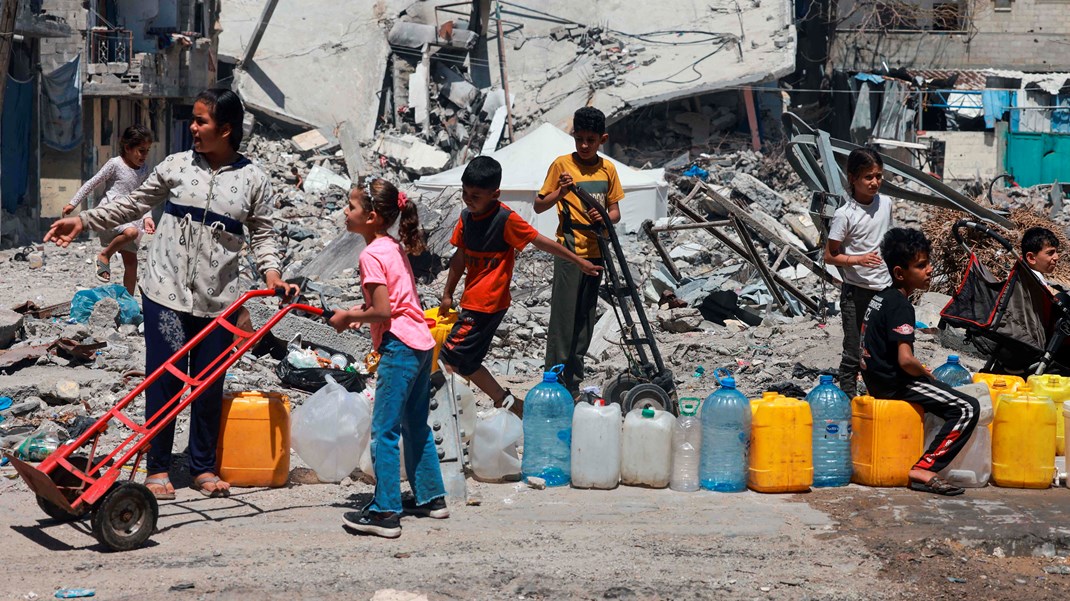IFRC, Philippine Red Cross to scale up responses to measles and polio outbreaks
The Philippines has experienced a number of deadly outbreaks of vaccine preventable and mosquito borne diseases in 2019. Between February and September 2019, three separate outbreaks of measles, dengue and polio have claimed the lives of more than 1,700 people and put enormous pressure on an already burdened public health system. The most affected age group for death are children below the age of one year.
This revised emergency appeal seeks a total of 2,700,000 Swiss francs to enable the IFRC to support the Philippine Red Cross to expand and scale up their responses to measles and polio outbreaks so far covered separately for measles (MDRPH032) and for polio (MDRPH035). A separate response for the dengue outbreak is supported by a DREF (MDRPH033). The appeal has been expanded to support some 1.9 million people for 21 months with a focus on Health, water, sanitation and hygiene promotion (WASH), protection, gender and inclusion and National Society development. The scale up of activities requires training and mobilization of around 2,600 volunteers across 25 chapters to support the Department of Health. The revised emergency appeal also includes a longer-term component to enhance immunization coverage to achieve 95 per cent fully immunized children in the operational area of this project, which is across 25 chapters in Luzon, Visayas and Mindanao, covering 70,000 children below the age of five years.
The disaster and the Red Cross Red Crescent response to date
6-7 February 2019: The Department of Health (DOH) declared a measles outbreak in the National Capital Region (NCR) and six other regions.
12 February 2019: IFRC activated CHF 181,417 from its DREF to support PRC in the measles outbreak response. This was later scaled up to an emergency appeal on 6 March 2019 for CHF 2 million. On 6 September 2019, the emergency appeal was revised down to CHF 653,334 based on the resources available.
19–31 August 2019: DOH undertook a Supplementary Immunization Activity for Polio (Mop up campaign with bivalent OPV1 for children in the age group of 0-59 months) in Manila city and reached a coverage of 53.8 per cent.
4–5 September 2019: PRC conducts a workshop for global micro planning on immunization for 10 chapters across Luzon and Visayas to plan to reach 70,000 children in the age group of 6-59 months with measles vaccine, by 31 December 2019.
19 September 2019: DOH declared a polio outbreak based on a human case in Lanao Del Sur of cVDPV2, two environmental samples of VDPV2 (vaccine-derived polio virus type 2) in Davao waterways and five environmental sample of VDPV1 (vaccine-derived polio type 1) in Manila sewage treatment plants. On 20 September 2019, DOH identified one more human case of cVDPV2 in Laguna, which is 700 km away from the first case and close to Manila.
1 October 2019: IFRC activated CHF 336,302 from its Disaster Relief Emergency Fund to support PRC to the DOH effort in outbreak related immunization for polio in Mindanao and Metro Manila.
14 October 2019: DOH launched its ‘round 0’ of monovalent type 2 vaccination for 427,000 children in the age group of 0-59 months, in Mindanao and also launched the round 2 vaccination for bivalent OPV1 and round 3 for 1.27 million children in the age group of 0-59 months, in National Capital Region (NCR).
21 October 2019: PRC reached 51,745 children in the age group of 0-59 months with polio vaccine in Mindanao and NCR.
25 October 2019 – Third case of VDPV2 is confirmed in a four-year old child in Datu Piang, Maguindano, Mindana. This represents an expansion of the outbreak in Mindanao as it reaches a newly infected province.


